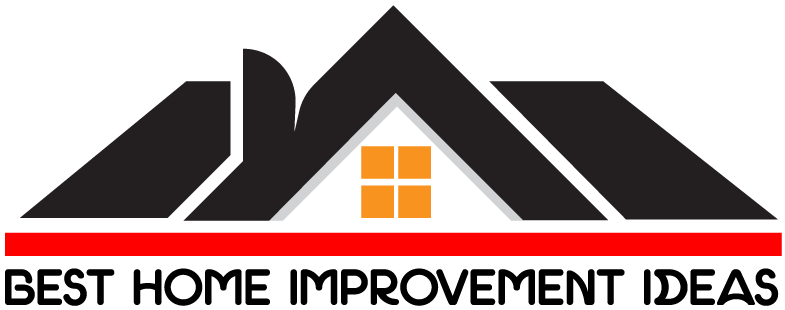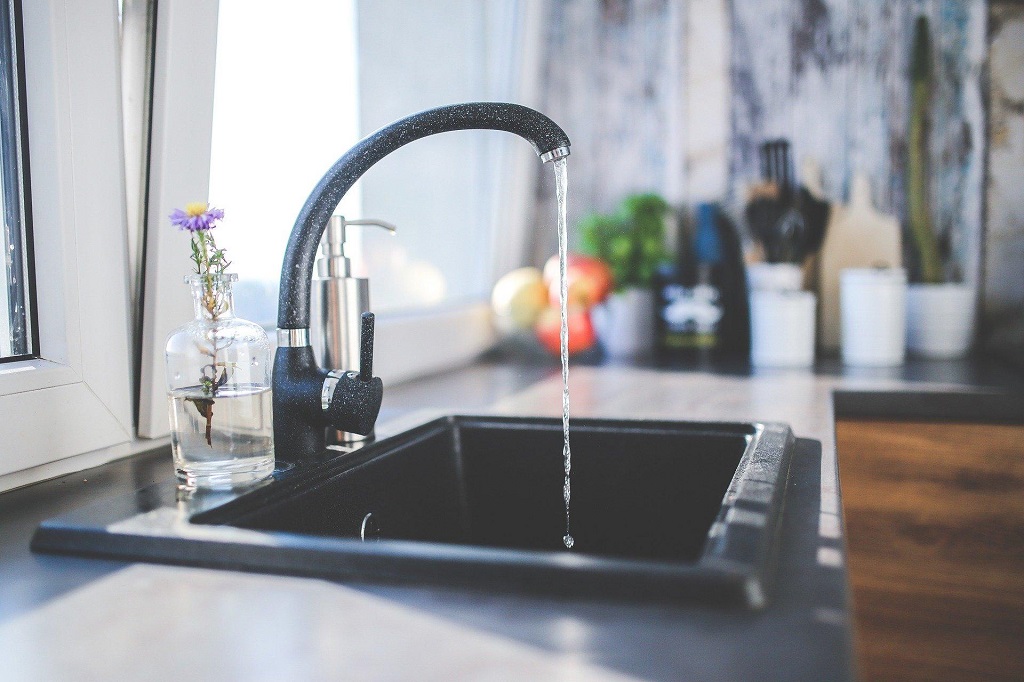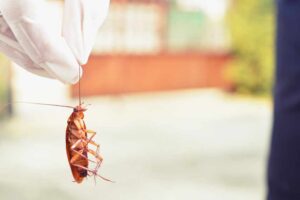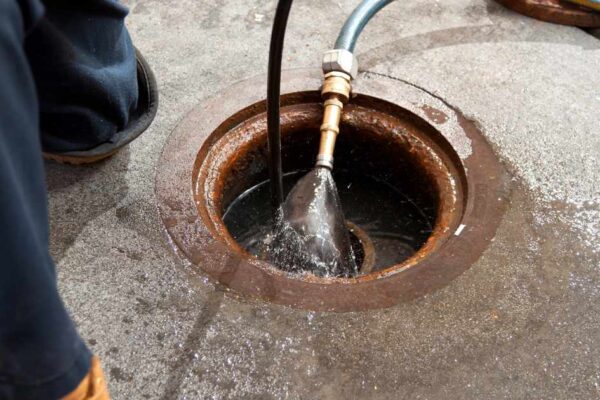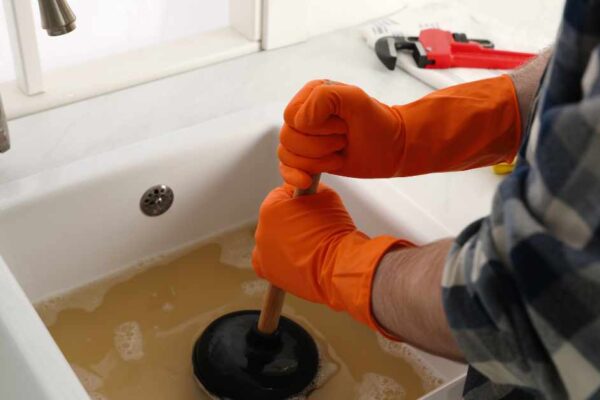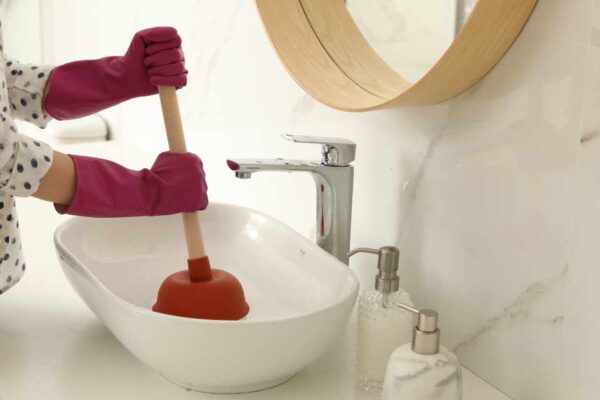When you prepare a meal, you naturally produce waste. But even when you’re in a hurry or tired and want to pour it down the drain, there are everyday food items that should never go there.
Homeowners often assume that some things are safe to pour down the drain, but some of these items can cause significant damage to the plumbing system, causing blockages and backups that can be expensive to repair. Even if disposing of food waste once or twice does not cause plumbing problems, repeated use will inevitably lead to unpleasant consequences.
Cooking oil
Fats and oils are one of the most common causes of sewer blockages. In their warm, liquid state, they appear harmless, but as they cool, they harden and coat the inside of pipes, building up over time and causing blockages. You should not, under any circumstances, pour any grease down the kitchen drain, including cooking oil, bacon grease or leftover frying fat. To prevent this from happening and to dispose of it properly, consider installing a grease trap that can catch grease going down the kitchen drain. Alternatively, ensure the oil has completely cooled and solidified before disposing it in the trash.
Coffee grounds
Coffee grounds may seem safe, but they can build up in pipes and cause severe blockages. They do not break down easily and tend to harden when wet, which can cause backflows and completely block your entire plumbing system. If you want to dispose of the leftover grounds after you make your coffee, consider using a compost. If you don’t have one, you should throw it in the trash.
Eggshells
While eggshells are biodegradable, they can stick to the inside of pipes and cause blockages. They are also very hard to remove once stuck, almost always requiring a plumber. To get rid of the shells, it is safest to throw them in the trash or use them in compost, similar to coffee grounds.
Pasta and rice
Both rice and pasta are very good at absorbing water and swelling in the process. The amount of liquid that goes down the drain, even if it initially looks harmless to get rid of them, can cause blockages in your pipes. When it comes to pasta and rice, you should always throw them away in the trash.
Grains and seeds
Grains and seeds are everyday foods often poured down the kitchen drain because they don’t seem dangerous. However, both take time to break down and, if left unprocessed, can accumulate in the plumbing system and clog pipes and filters. It is, therefore, safest to dispose of them directly in the garbage.
Flour
Flour is another standard kitchen product experts strongly advise against pouring down the kitchen drain. When mixed with water, it becomes a thick, sticky substance that cements to the sides of your pipes. Even with the most robust stream of water, it is doubtful that you can remove it. Once stuck on the inside of the tube, other debris may get stuck to it, eventually blocking the entire pipe.
Fibrous vegetables
Fibrous vegetables such as celery, onion skins, corn husks and artichokes have fibres that can wrap around the shredder blade, causing it to malfunction. These fibres do not break down easily and can cause blockages. Throwing them in the trash or composting them is the best way to eliminate any leftovers.
Fruit peels and pits
Although fruit peels may seem harmless, they can stick to the inside of pipes and cause blockages. Similarly, fruit pits are hard and can damage the blades of food waste disposers and clogged pipes. It is safest to throw fruit peels and pits in the trash or compost them.
Milk
You might be shocked to learn that you should never pour milk down the drain. Most people think of it as a harmless liquid, but after it has passed its expiry date, it may have a substantial detrimental influence on the environment due to the breakdown process, which takes a lot of oxygen. It may smother whole ecosystems in big concentrations. Cream, butter, cheese, and yoghurt, in addition to milk, can have comparable effects. The only safe method to dispose of expired dairy products is to toss them away.
Medicines
While tablets are unlikely to cause blockages, recent studies have shown that medicines are a common source of drinking water contamination. They pose a health risk to us by entering groundwater through sewage, harming the environment by impacting wildlife and killing healthy micro-organisms. If you have drugs and pills that you want to get rid of, place them in a container and throw them away in the garbage.
Paper towels
You may think it is safe to throw away paper towels as they would disintegrate in water and go down the drain. Unfortunately, they are highly absorbent and can expand and clog kitchen drains. To keep your plumbing system safe, dispose of the paper towels in the trash.
Dental floss
Many people tend to throw away their dental floss once they finish. You should know dental floss is not biodegradable and can remain inside your pipes for years, eventually causing blockages. A small rubbish bin in your bathroom will do just fine to keep the used floss away from the drain.
Chemical drain cleaner
Although not used daily, avoiding regular use of chemical cleaners is highly recommended. Over time, they can corrode pipes and cause long-term damage. Instead, consider using natural and eco-friendly alternatives to unclog pipes when necessary.
In conclusion
You should always avoid pouring any items down the drain and use the trash. Even when it comes to liquids, they are not always safe, as oil and milk can cause severe damage to your plumbing system.
To ensure the longevity of your pipes and avoid spending thousands on professional plumbing services, only pour water and mild detergents used for washing the dishes down the drain. Be careful what you pour when it is time for your next domestic cleaning.
